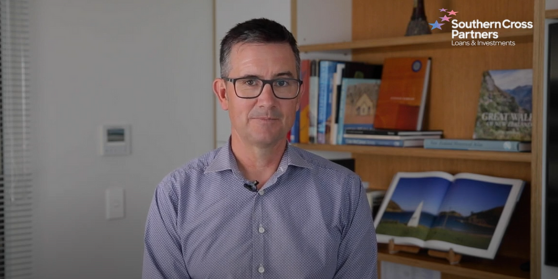NZIER QSBO shows business confidence at record lows
By Christina Leung, Principal Economist for the New Zealand Institute of Economic Research
There are many headwinds facing the New Zealand economy right now.
The latest NZIER Quarterly Survey of Business Opinion (QSBO) showed business confidence at a record low in the final quarter of 2022. A net 73 percent of businesses are expecting a deterioration in general economic conditions over the coming months. Added to that was the decline in activity in their own business, with a net 13 percent of firms reporting a decline in activity over the past quarter – the weakest since June 2020, when the full impact of the first COVID-19 lockdown was captured. The results indicate an increased risk of the New Zealand economy entering a recession over the coming year.
The building and retail sectors were the most downbeat, reflecting heightened uncertainty over the impact of higher interest rates on the demand outlook. While dwelling consent issuance points to a solid pipeline of construction work over the coming months, there are signs of a decline in new orders. We expect the weakening in construction activity will become more apparent from the second half of this year. For the retail sector, demand will likely fall over the coming year as household rein in discretionary spending in the face of substantially higher mortgage repayments. Almost half of all mortgages are due for repricing over the coming year, with many likely rolling off fixed-term mortgage rates of 2-3 percent onto something significantly higher in the range of 6-7 percent.
But signs are high inflation will persist
Despite signs of slowing demand, inflation pressures remain intense. The latest Consumers Price Index (CPI) data shows annual CPI inflation at 7.2 percent for the year to December 2022 – well above the Reserve Bank’s 1 to 3 percent inflation target band. Although fuel prices have fallen over the quarter, this was more than offset by substantial price increases across a wide range of goods and services. These price increases reflect both increases in the price of imported household goods as well as capacity pressures in the New Zealand economy.
Cost and price indicators in the NZIER QSBO point to high inflation persisting. A greater proportion of firms surveyed reported cost increases in the final quarter of 2022, and a greater proportion also raised prices. Concerningly for the RBNZ, cost and price expectations remain high for the next quarter.
Labour shortages remain the primary concern for businesses
Although firms are becoming more cautious when it comes to hiring, labour shortages for both skilled and unskilled staff remain very acute. The NZIER QSBO shows finding labour remains the top primary constraint for businesses. This suggests wage pressures will remain elevated over the coming year. The reopening of international borders should allow more firms to bring in workers and help to alleviate labour shortages over the longer term.
Risks of a downturn looming
These recent developments point to an uncomfortable year ahead for many businesses and households. Demand is starting to slow, but inflation remains high. This combination puts the RBNZ in a tricky position of needing to tighten monetary policy further to dampen demand in order to bring inflation down towards its inflation target band. However, weakening demand highlights the risk of over-correction as it continues to raise interest rates, but in an environment where the flow-on impacts onto broader economic activity are unlikely to be apparent until later this year. It will likely be a tough year for many businesses and households given the challenges and uncertainties ahead.



